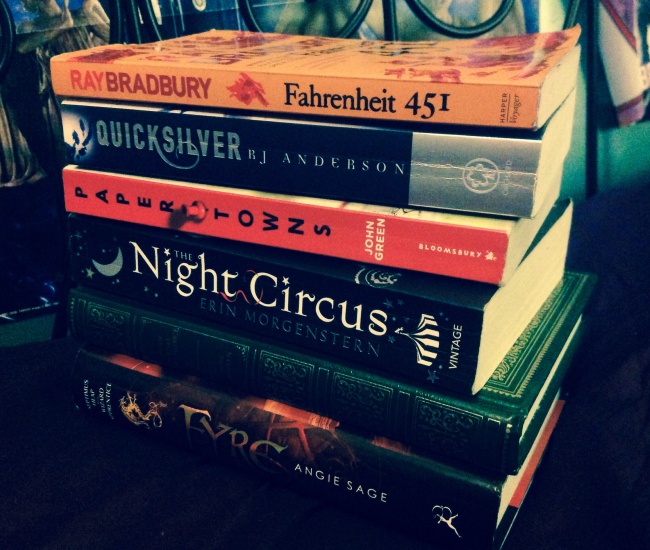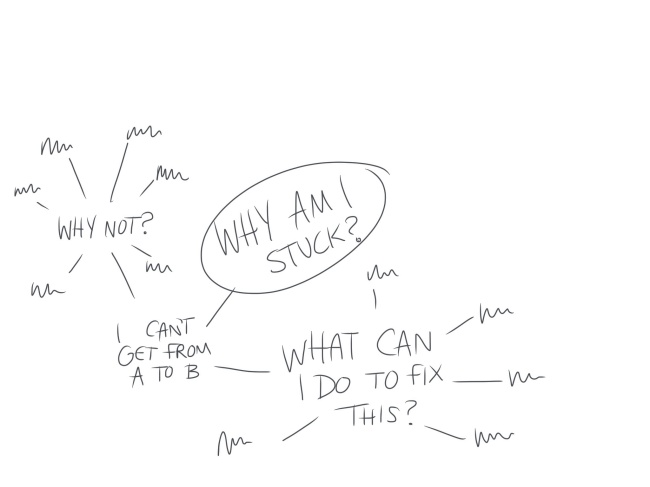It’s been a long while, so lets talk YA lit. Not dystopias, fantasy or sci-fi, we’ll save that for later.
The draft of this entry was written at two in the morning. I had just finished a novel, and I wanted to talk raw young adult literature – the kind about real life. Two YA authors I currently absolutely adore? David Levithan and Rainbow Rowell. So much so that this is a review of them, two books by each.
Boy Meets Boy:
A David Levithan novel, and an absolute classic. Levithan has this way of writing that’s so thoughtful and beautiful that it borders on pretentious, yet at the same time it’s all so down-to-earth. Hipster-y: that’s how I described it as I was reading it. Also, it’s funny as hell, barking mad and LQBTQ+ inclusive (well, LGBQ inclusive, it was missing a trans character.)
It’s set in a town that is generally just a bit bonkers, but in the best way. The star quarterback is also the homecoming queen and is also a drag queen. She gets into arguments with the school’s other drag queens. The protagonist was informed that he was gay by his kindergarden teacher. Everything is accepting and surreal and it’s one of those worlds you’re able to just sink into and become a part of. As the title implies, it’s effectively a rom com between two guys, but it feels like cheapening it to say that’s all it is.
How They Met:
The other David Levithan book, this is one an anthology of short stories. Short stories about love, the first of which was written when he was still in high school.
I’ll admit it. I have never been huge on short story collections, because once I finish one I’ve never felt the same drive to start the next as you would with book chapters. But that wasn’t the case with this. Every story was charming: some funny, some sad, some thoughtful. They featured a range of different situations, sexualities and characters, possibly leaning, as is Lethithan’s way, towards gay relationships. Not all had happy endings, but all were worth reading.
Fangirl:
My first Rainbow Rowell novel, recommended to me by the internet. I swear, I saw stuff about this book popping up everywhere.
First of all, I have to say that it’s really, really weird to read a book with a protagonist you relate to as much as I related to Cath. I may not have anxiety, but a lot of it felt spot-on. This is where I should point out that Fangirl is a book about just that. A fangirl. An awkward, fanfiction-writing, slash-shipping fangirl. It’s great.
The novel, to me, seems like a coming-of-age story. It’s about a girl going to university, separated from her twin sister for the first time. There’s an element of romance, an element of comedy, and a little more of an element of drama. I loved every sentence.
Eleanor and Park:
The Rainbow Rowell book I just stayed up reading. It follows the story of two teenagers in the 1980s, who despite getting the same bus and living in the same town have drastically different lives. The best YA love story I’ve read in a while.
There’s very little I can say without giving away plot, but I will say this: don’t be fooled by how awkward and adorable everything is at the start. Don’t forget what’s going on at home.
Perhaps I’m just emotional because I only finished it 45 minutes ago, but I think Eleanor and Park is the best on this list. It is, along with everything else, a look at attitudes poverty, race and sexuality in the ‘80s. To be frank, not enough has changed that it isn’t still relevant now.





